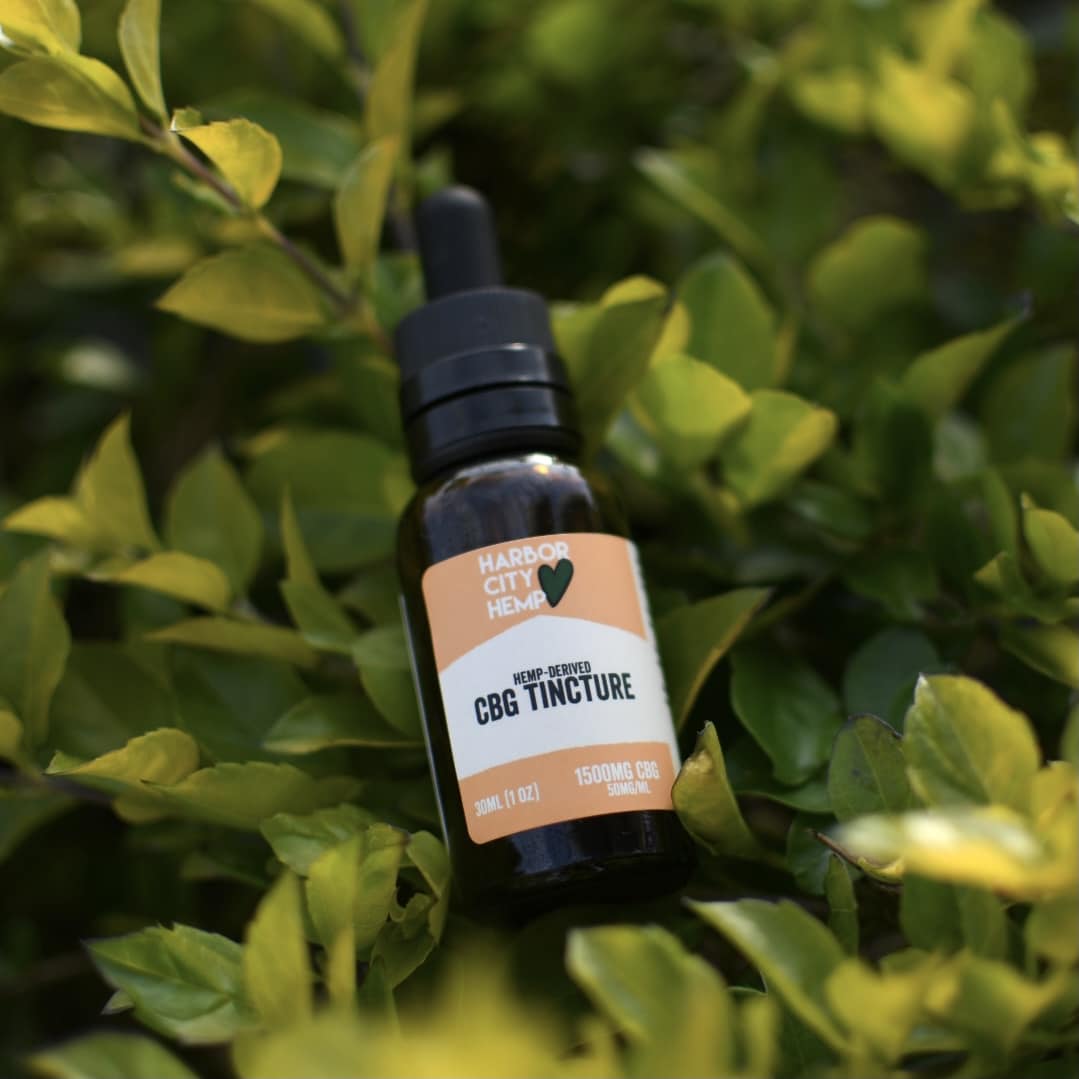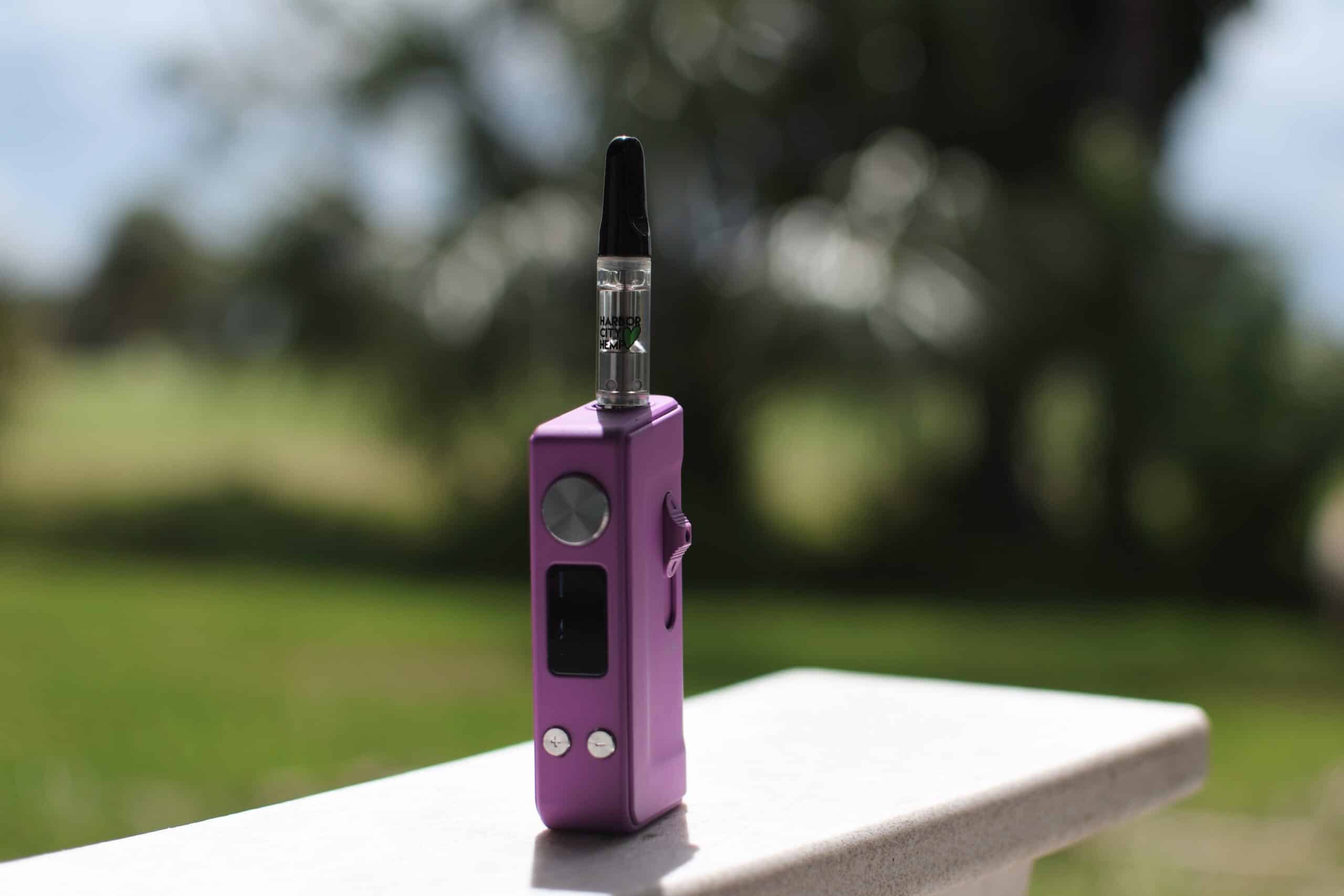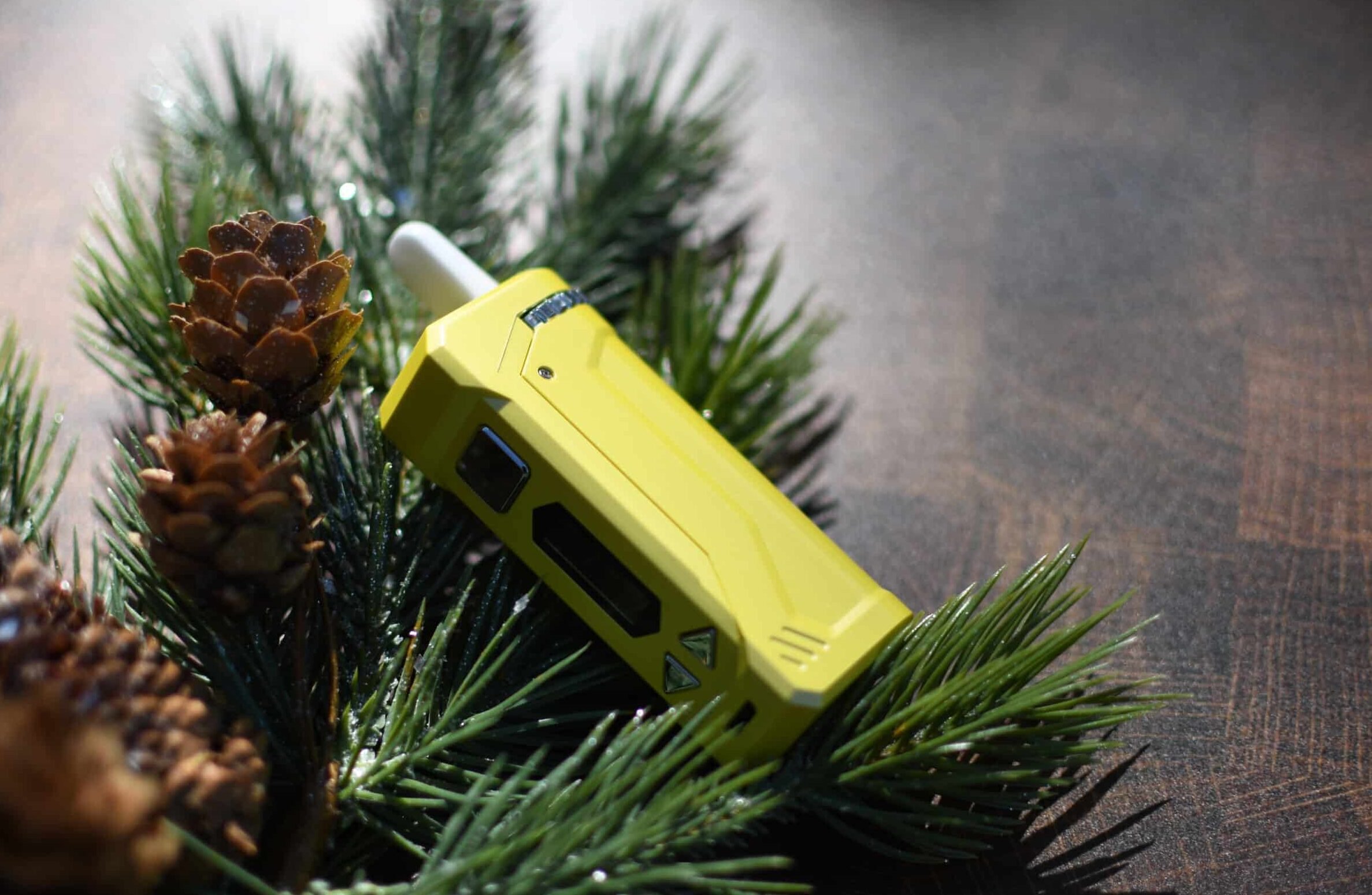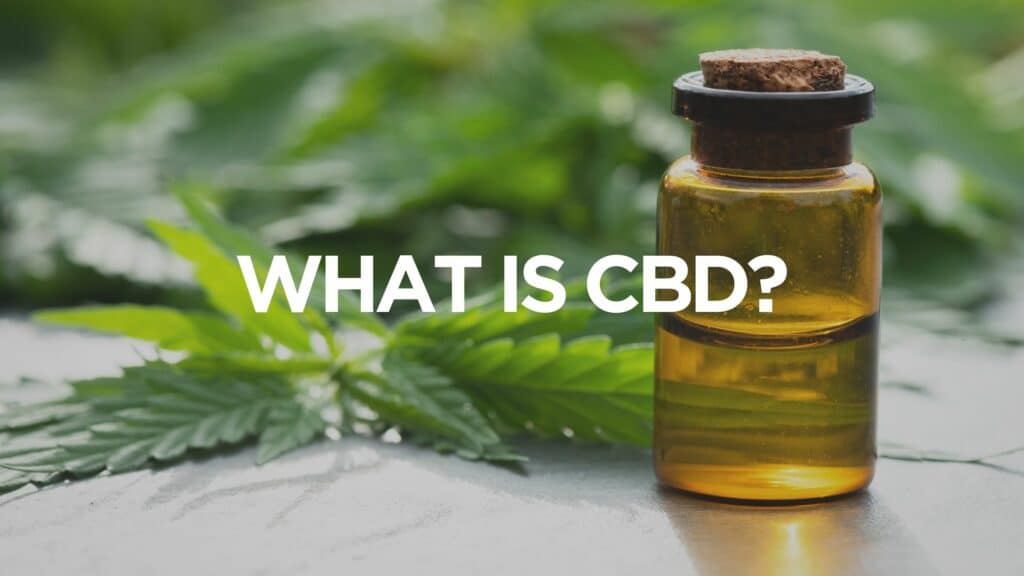CBDV
What Is CBD?
The buzz around cannabidiol (CBD) is at an all-time high. CBD, and cannabis-based products in general, are hailed by devotees as a natural, all-in-one solution for all sorts of health conditions.
Many people claim that CBD can treat everything from chronic pain to anxiety, insomnia, and more. And the number of cannabis-based products you can use is increasing daily.
In addition to more familiar oils and tinctures, we’ve recently seen the emergence of CBD beauty products, CBD-infused edibles, drinks, pills, and even pet products hitting the shelves. So, should you get that CBD massage? Or eat those CBD brownies and chocolates?
To answer these questions, we must first sufficiently familiarize ourselves with CBD effects on the human body. Are you ready to do so? Then, get comfortable and read on!
What’s CBD?
Before we get started, let’s break down what we know and don’t know about CBD products.
Cannabidiol (CBD) is a molecular compound naturally found in the Cannabis Sativa plant, commonly known as hemp. CBD is a different chemical compound from tetrahydrocannabinol (THC), i.e., the psychoactive ingredient that produces a high feeling.
These two have entirely different properties as THC is usually sourced from marijuana and CBD from hemp.
A prescription form of cannabidiol is used for epilepsy, i.e., a brain disorder characterized by repeated seizures. People also use CBD for treating anxiety, pain, muscle disorders, Parkinson’s disease, and many other health conditions.
Note: there’s little adequate scientific evidence to support these uses, but a lot of anecdotal evidence.
Where Does CBD Come From?
CBD is obtained from hemp plants that contain lesser amounts of THC– i.e., less than 0.3 % by dried weight. Marijuana plants, on the other hand, have a higher concentration of THC. CBD is suggested to have some effects on chemicals found in the brain, but these effects are different from those of THC.
So far, over 80 cannabinoids have been identified in the various strains of cannabis plants. THC, or delta-9 tetrahydrocannabinol, is the most famous cannabinoid.
Different Types of CBD Products
You may already be familiar with CBD oil or tincture, as these forms are among the most typical cannabis-based products. However, cannabidiol can also come in extracted products, edibles, or oil-based capsules.
Drinks, food, and beauty products are popular CBD-infused products you may come across online. Interestingly, you can also find CBD products for your pet! As an example of edible CBD products with almost the same amount of THC, see the Harbor City Hemp D9:CBD Milk Chocolate Minis.
Sometimes, CBD edibles come with a considerable amount of THC. Look at the Harbor City Hemp D9:CBD Peanut Butter Nuggets that deliver ~7.5 mg delta-9 THC and ~7.5 mg CBD per serving (1/2 piece).
Benefits of CBD
While human research supporting CBD’s benefits is still limited, this cannabinoid can purportedly treat many health conditions, including seizures, Parkinson’s disease, schizophrenia, diabetes, multiple sclerosis, and anxiety.
Epilepsy
A specific CBD prescription product (Epidiolex) is endorsed by the Food and Drug Administration (FDA) to address seizures caused by Lennox-Gastaut syndrome, Dravet syndrome, or tuberous sclerosis complex. It’s unclear whether other forms of CBD are helpful for other forms of seizure. For now, it’s wise to stick with the prescription product.
Multiple Sclerosis (MS)
A prescription-only nasal spray product that contains both 9-delta THC and CBD has been shown to help soothe pain, muscle tightness, and urination frequency in people suffering from MS.
CBD Side Effects & Potential Risks
Consuming CBD also carries some risks. Although it’s often well-tolerated, CBD can cause some slight slide side effects, such as
- Dry mouth
- Diarrhea
- Reduced appetite
- Drowsiness & fatigue.
CBD can also interact with some medications you’re taking, such as blood thinners. Some potential side effects of CBD include fatigue, nausea, and irritability. But a more considerable risk with CBD is that it can interact with common medications people take.
Examples are pain medications, psychiatric medications, blood thinners, and antihistamines. Additionally, some CBD products can contain harmful impurities such as pesticides and bacteria. Therefore, pregnant and breastfeeding women shouldn’t use CBD products.
Is CBD Safe to Use?
It’s important to highlight that further research is needed to determine CBD’s potential benefits and safety. This statement also holds for other cannabinoids, including THC and CBN. Nevertheless, we can ascertain that prescription CBD is an effective anti-seizure medication.
To our knowledge, the only CBD product approved by the FDA is a prescription oil called Epidiolex. It’s almost certain that CBD can help in treating two types of epilepsy.
If you’re interested or already using CBD, we highly encourage you to talk to your healthcare provider about it. Don’t hide it from your doctor– there’s a popular misconception that physicians are anti-cannabis.
Your doctor needs to hear about your experience and ensure you’re safe. At least your doctor can review your medications to help ensure you’re not taking the risk of CBD interfering with other medicines.
Over time, after more human research emerges, if CBD products are proven effective and safe, they’ll eventually come under FDA confirmation. Then doctors may feel a bit more comfortable with patients using CBD products.
Does CBD Get You High?
Pure CBD products with no THC content shouldn’t make you feel high. But the keyword here is “purity.” And it isn’t easy to guarantee that a product is 100% pure. We should also mention that a pure product today might not be pure tomorrow; some of the common cannabinoids can convert into one another.
For example, if THC is exposed to heat or light, it turns into CBN, another (recently) popular cannabis compound– especially for its sedative effects. Therefore, ensure that your CBD product is screened for purity or safety by reliable third-party labs.
When looking for pure CBD products, ensure that there’s no THC content if you want to avoid the intoxicating effects of cannabis. The Harbor City Hemp CBD Isolate is +99% CBD Isolate, whose THC content doesn’t exceed 0.3% on a dry weight basis.
Can CBD Show Up On A Drug Test?
In theory, CBD isn’t expected to appear on a drug test. However, it’s possible if your CBD product contains THC by mistake or other cannabinoids, such as CBN, which can interfere with the monitoring of THC. It may result in a positive drug test.
Precautions While Taking CBD
Take the precaution of consuming CBD or other cannabinoids. A cause for concern is that the purity and dosage of CBD in products might be highly unreliable. A recent study of around 80 CBD products bought online showed that more than a quarter contained less CBD than displayed on the labels.
In addition, considerable amounts of THC were found in 18 products that were not supposed to have detectable amounts (e.g., more than 0.3 % by weight). Before using products containing CBD or other cannabis compounds, talk to your doctor.
You should not use CBD if you have any of the following conditions.
- Pregnancy & breastfeeding: It is likely unsafe to take CBD if you’re pregnant or breastfeeding. CBD products may be contaminated with other chemicals that might harm the fetus or infant. Stay on the safe side by avoiding using CBD in this case.
- Children: It’s possibly safe for children to take Epidiolex, a specific prescription CBD product, by mouth in daily doses of up to 25 mg/kg. Epidiolex is approved for use in children with certain conditions who are at least one year old. It isn’t clear if children can safely use other CBD products.
- Liver disease: People with liver disease are advised to use lower doses of CBD.
- Parkinson’s disease: Early studies suggest that taking CBD in high concentrations might worsen muscle movement and tremors in some people with Parkinson’s.
CBD & Interaction With Other Medications
If you’re on the following medication, don’t use CBD:
- Medications changed by the liver. Some medications– e.g., Clobazam (Onfi)– are altered and broken down by the liver, and CBD can alter this process. This could reverse the effects and side effects of these medications.
- Sedative medications (CNS depressants). CBD can trigger slowed breathing and sleepiness. Some medicines, called sedatives, can also cause drowsiness and slowed breathing. Consuming CBD with sedative medications might cause breathing problems and too much sleepiness.
- Lithium. Taking higher concentrations of CBD can increase lithium levels, which can increase the risk of lithium toxicity.
Harbor City Hemp Discount Program
At Harbor City Hemp, we offer a discount of up to 30% on all eligible products to
- Veterans
- People with long-term medical disabilities
- People with low income.
We ask that those that qualify for this program use the discount for themselves or the family member they applied for. Please see our Harbor City Hemp Discount Program for more information.
Get in Touch
Please contact us if you have any further questions. We’ll be happy to help you out! And don’t forget to check out Harbor City Hemp CBD Tinctures.
FAQs About CBD & Its Effects
Now, we conclude by collecting a set of important FAQs about CBD!
Is CBD A Narcotic?
Yes and no!
If by narcotic we mean a type of drug which helps you sleep and reduces pain, it’s yes. CBD products, even pure ones, can help manage pain. And if we refer to if CBD can make you sleep– i.e., compared to opioids or THC or benzodiazepines– the psychoactive effects of CBD are negligible.
What Is CBD & Why Is It Legal?
Cannabidiol, better known as CBD, is a popular natural remedy used for many common ailments. This cannabis compound is perhaps the most important cannabinoid that is found in the cannabis plant. There are over 100 cannabinoids found in various strains of cannabis plants, each with different properties and effects.
Hemp-derived CBD is legal as it contains 0.3% THC (or less) by dry weight. On the other hand, marijuana is illegal because it has a higher THC content, making it fall under the controlled substances list. So ensure that your CBD product comes from hemp, and you’re good to go.
What Does CBD Do to You?
Many people use CBD products to treat various conditions and improve natural processes in a number of ways. Some people tend to use CBD for mental and emotional issues connected to problems with sleep, depression, and anxiety. Others take it for physical ailments such as sore muscles, pain, and inflammation-related issues.
As to the interaction with your brain: CBD and other cannabinoids interact with the cannabinoid receptors in the brain and the central nervous system. These receptors are found within the endocannabinoid system (ECS). There are two types of these receptors in our body:
- CB1 receptors are situated around the body and manage stress, mood, memories, appetite, pain, and movement.
- CB2 receptors primarily feature in the immune system and impact pain and inflammation.
Once CBD enters the human body, it interacts with these receptors to help you feel more calm and balanced. How you take it will affect how quickly you feel the benefits and what it helps with!
Is CBD A Drug or Medicine?
In numerous studies, CBD could reduce the number of seizures and, in some others, stop them altogether. Epidiolex contains high levels of CBD, and it’s the first cannabis-derived medicine approved by the FDA for these conditions.
Animal studies, human research, and self-reports suggest CBD may help with the following conditions.
- Anxiety: Clinical trials are still exploring the common report that CBD can reduce anxiety.
- Insomnia: It is suggested that CBD can help with falling asleep and staying asleep.
- Chronic pain: Further human research is needed to prove claims that CBD helps control pain.
- Addiction: CBD can help lower cravings for tobacco and heroin under certain conditions, according to some research on humans.




